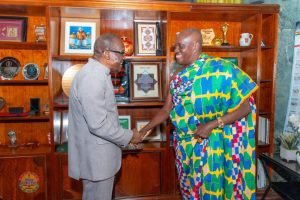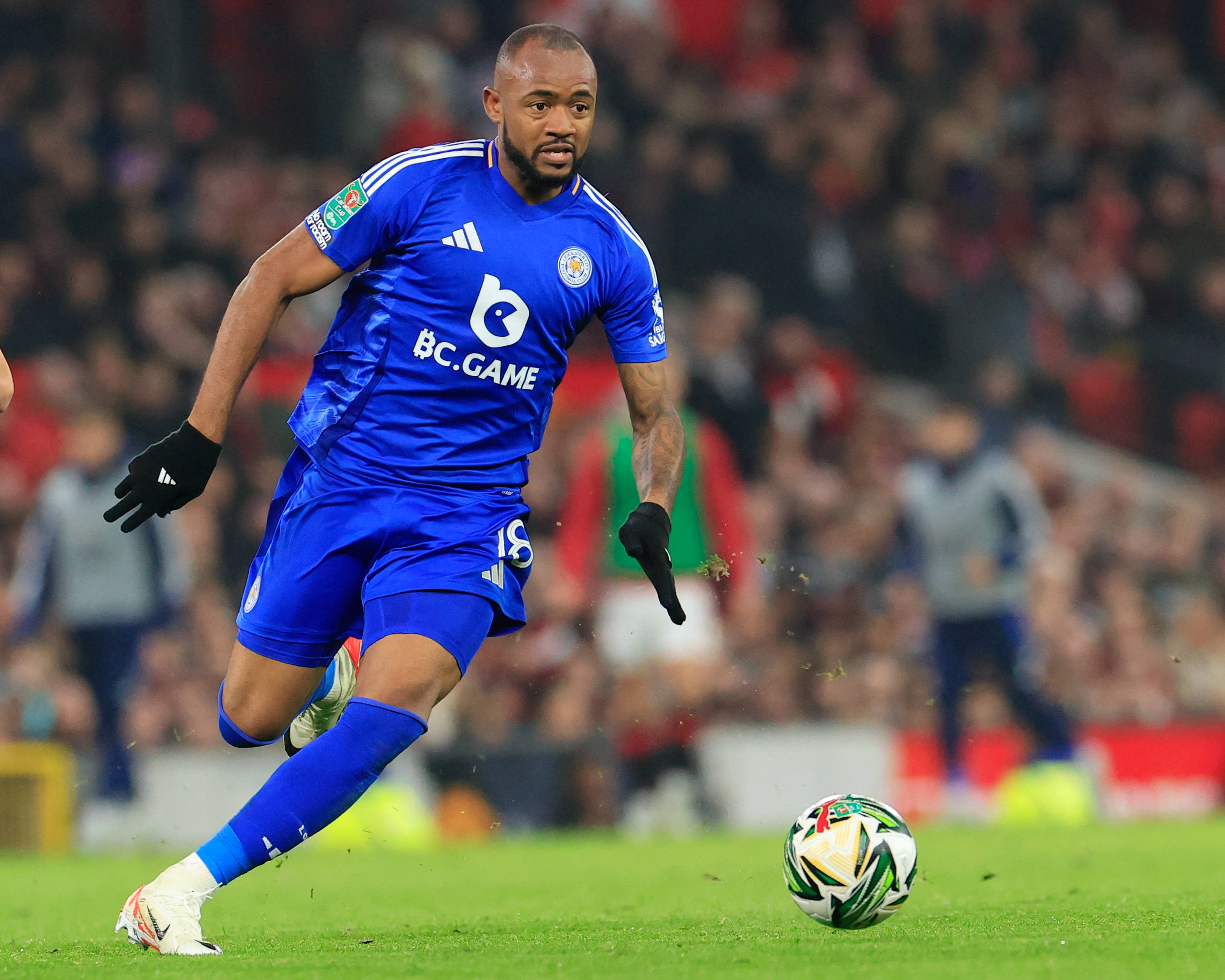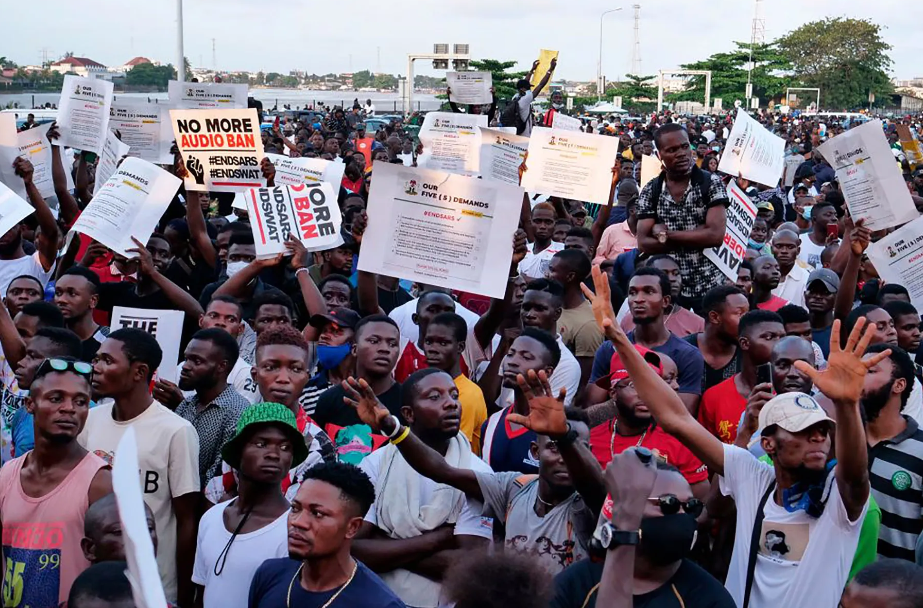
By Kestér Kenn KLOMEGÂH
After several months of negotiations, Moscow finally erected a memorable statue, honoring South Africa’s most revered political leader and reconciliatory hero, Nelson Mandela. The statue, located in an obscure corner in southwestern district of Moscow city, became a new symbol of friendship between Russia and South Africa, and possibly with other African countries.
On September 9, 2024, Moscow witnessed an important cultural and historical event – the unveiling of a monument to Nelson Mandela, symbolizing the recognition of his incredible contribution to the fight for human rights and the liberation from colonial oppression on the African continent.
The monument was created by the Russian Military-Historical Society with the support of the Moscow Government. The sculptor is Mikhail Baskakov. The monument is located at the intersection of Michurinsky Prospect and Ramensky Boulevard.
In honor of this event, the Russian-African Club of Lomonosov Moscow State University created a film that deeply reveals the life path and achievements of this legendary leader. The film is available on the YouTube channel in Russian, English, and French at the following links:
– RU: https://youtu.be/8KFXY2d8e80
– EN: https://youtu.be/Z5gSBAAwGTE
– FR: https://youtu.be/2VJ9DC1J9u8
About the Film “Nelson Mandela: The Road to Freedom”
The film presented to the audience tells the story of Nelson Mandela not only as an outstanding statesman and political figure but also as a person whose life and struggle became a symbol of resilience and courage. Born in a small African village, Mandela, known in his youth as Rolihlahla – “the troublemaker”, carried a lifelong commitment to justice and equality, perhaps inherited from his great-grandfather – the renowned chief of the Thembu tribe.
From Early Childhood to Leadership
The film showcases Mandela’s life journey, from his youth when he was interested in sports and was shaping his personality, to the moment he became a globally recognized fighter against apartheid.
The Path to Struggle
At university, Nelson participated in the campaign of disobedience to unjust laws. In the 1950s, he deepened his philosophical views and strove to create a classless society, inspiring those around him with his belief in justice.
Transition to Decisive Actions
After the Sharpeville tragedy in 1960, Mandela and his companions understood that radical measures were required. In 1961, the armed wing of the ANC, “Umkhonto we Sizwe” (Spear of the Nation), was established, with Nelson becoming one of its leaders.
Unbroken Spirit and Legacy
After his arrest in 1962 and 27 years of imprisonment, Mandela’s iron will and adherence to principles remained unyielding. While in prison, he did not only study and wrote but also inspired people worldwide with his courage and resilience.
Presidency
In 1994, Mandela became the first black president of South Africa, focused on racial reconciliation and social improvements. Improving education and healthcare were his priorities. He peacefully handed over power in 1999.
Public Activities
After his presidency, Mandela fought against HIV/AIDS and supported charitable projects. His foundations actively worked in education and healthcare. Mandela continued to participate in international affairs and remained a symbol of the fight for human rights.
The Film’s Concept
The creators of the film sought to create a deep and comprehensive portrayal of Nelson Mandela – the man, the patriot, the leader. His principles of justice and goodness continue to motivate the youth around the world, and for his merits, he received the people’s name “Madiba”, meaning “the beloved one”. We offer viewers a unique opportunity to immerse themselves in the history of the life and triumph of one of the most significant leaders of the 20th century.
The post Moscow creates a statue for Nelson Mandela appeared first on The Business & Financial Times.
Read Full Story








Facebook
Twitter
Pinterest
Instagram
Google+
YouTube
LinkedIn
RSS